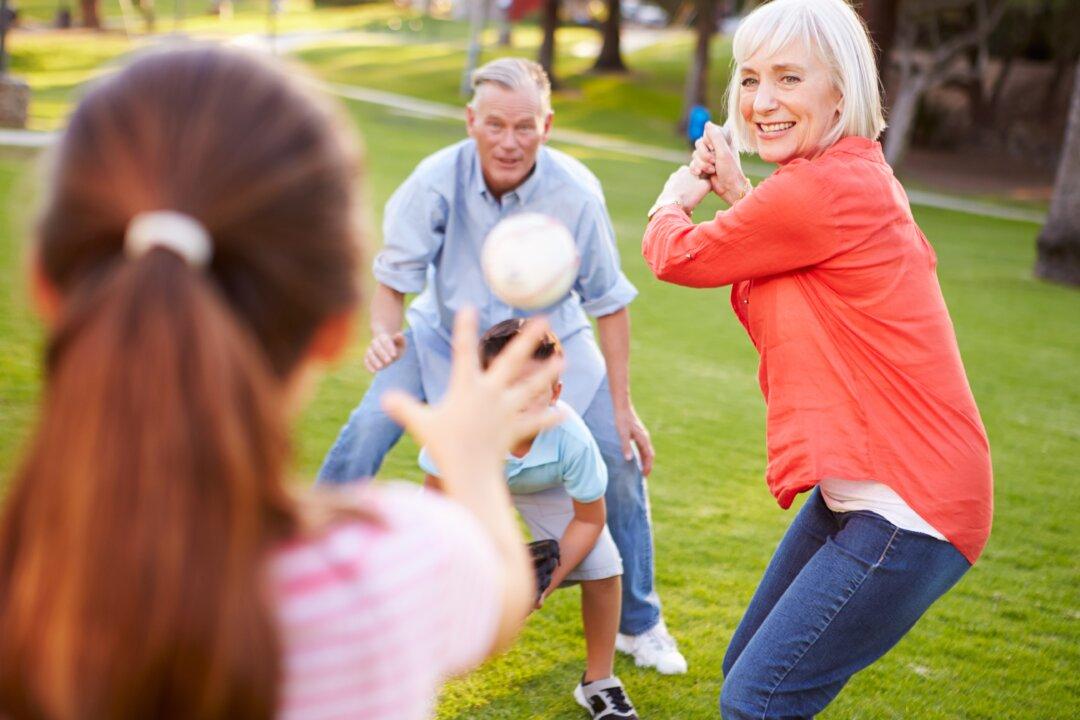Not only does giving make you happier, it also makes you healthier.
Derrick Kinney is changing how you feel about money. He believes money is not bad and good people should have more of it. After applying these proven principles with thousands of clients, Kinney sold his multimillion-dollar business to teach these success steps to you.
Author’s Selected Articles





